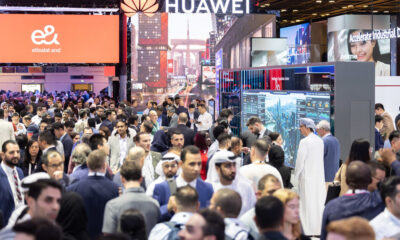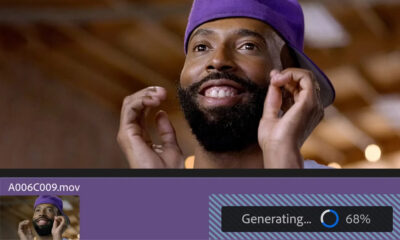News
Dubai Plans 100,000 Square Foot AI & Web 3.0 Campus
The initiative will bring $300 million in investment and create more than 3,000 jobs over the next five years.
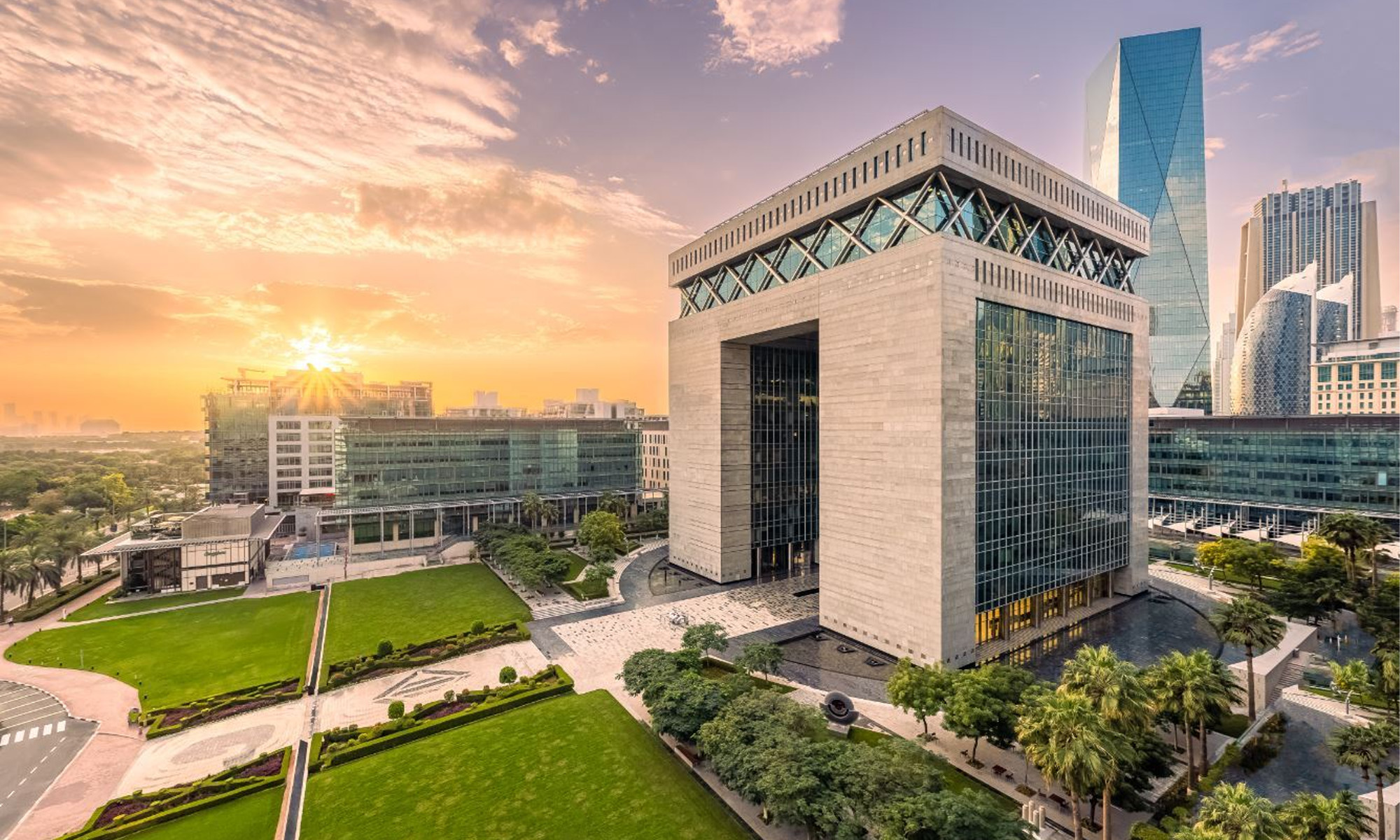
On Monday, Dubai International Financial Centre (DIFC) announced plans to create the largest cluster of artificial intelligence companies and tech startups in the MENA region. The initiative will be known as the “Dubai AI & Web 3.0 Campus” and has been given the go-ahead through directives by the First Deputy Ruler of Dubai, Sheikh Maktoum bin Mohammed bin Rashid Al Maktoum, who also acts as Deputy Prime Minister and Minister of Finance for the UAE, and President of the DIFC.
Over the next five years, the Dubai AI & Web 3.0 Campus will expand to over 100,000 square feet and become a haven for entrepreneurs, tech disruptors, developers, and anyone passionate about emerging technologies. The campus will be constructed with a world-class digital infrastructure while including R&D facilities, shared workspaces, and giving access to accelerator programs to build and scale AI companies.
Governor of the DIFC, Essa Kazim, was enthusiastic about the recent announcement, noting that: “DIFC’s 2030 strategy is central to shaping the future of finance and innovation. AI is expected to inject Dh103 billion into the UAE economy by 2035 and contribute 14 percent to the country’s GDP by the decade’s end. The Dubai AI & Web 3.0 Campus will significantly contribute to this growth as a global nexus for R&D, investment, and innovation by attracting over $300 million in collective funds, 500+ global AI and Web 3.0 startups, and creating 3000+ jobs by 2028”.
Also Read: New Artificial Skin For Robots Allows Them To Feel Things
Investors and government officials hope the new initiative will catalyze local growth, attracting global startups, innovators, and industry leaders to the site and establishing a thriving local tech industry.
By seamlessly integrating physical and virtual infrastructures, the Dubai AI & Web 3.0 Campus could eventually become a preferred headquarters for leading Web 3.0 and AI companies and venture capitalists operating in the MENA region.
News
HiFuture Wraps Up Successful GITEX GLOBAL 2024 Appearance
The electronics company wowed audiences at the world’s largest tech event with a range of wearable and smart audio devices.
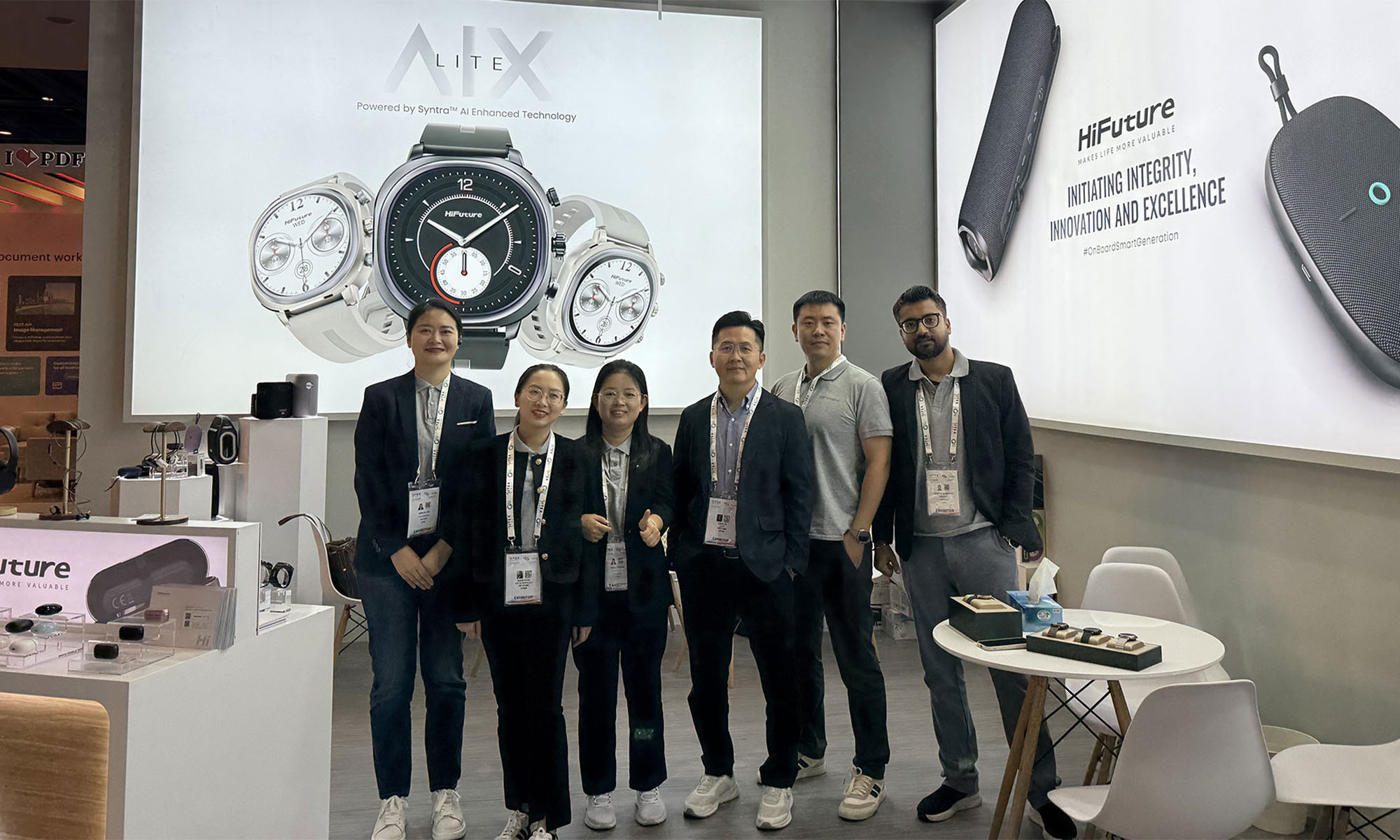
This year’s GITEX GLOBAL 2024 in Dubai saw a huge number of startups, electronics firms, and innovators from around the globe gather for the tech sector’s largest event of its kind. One company making waves at this year’s expo was Chinese tech group HiFuture, which showcased a range of products with a focus on wearable technology and smart audio.
At the HiFuture booth, the company captivated attendees with cutting-edge smartwatches like the ACTIVE and AURORA, along with a range of powerful wireless speakers, earbuds, and even smart rings. Visitors were eager to check out the sleek new designs on offer and even had the chance to test out some of the products themselves.
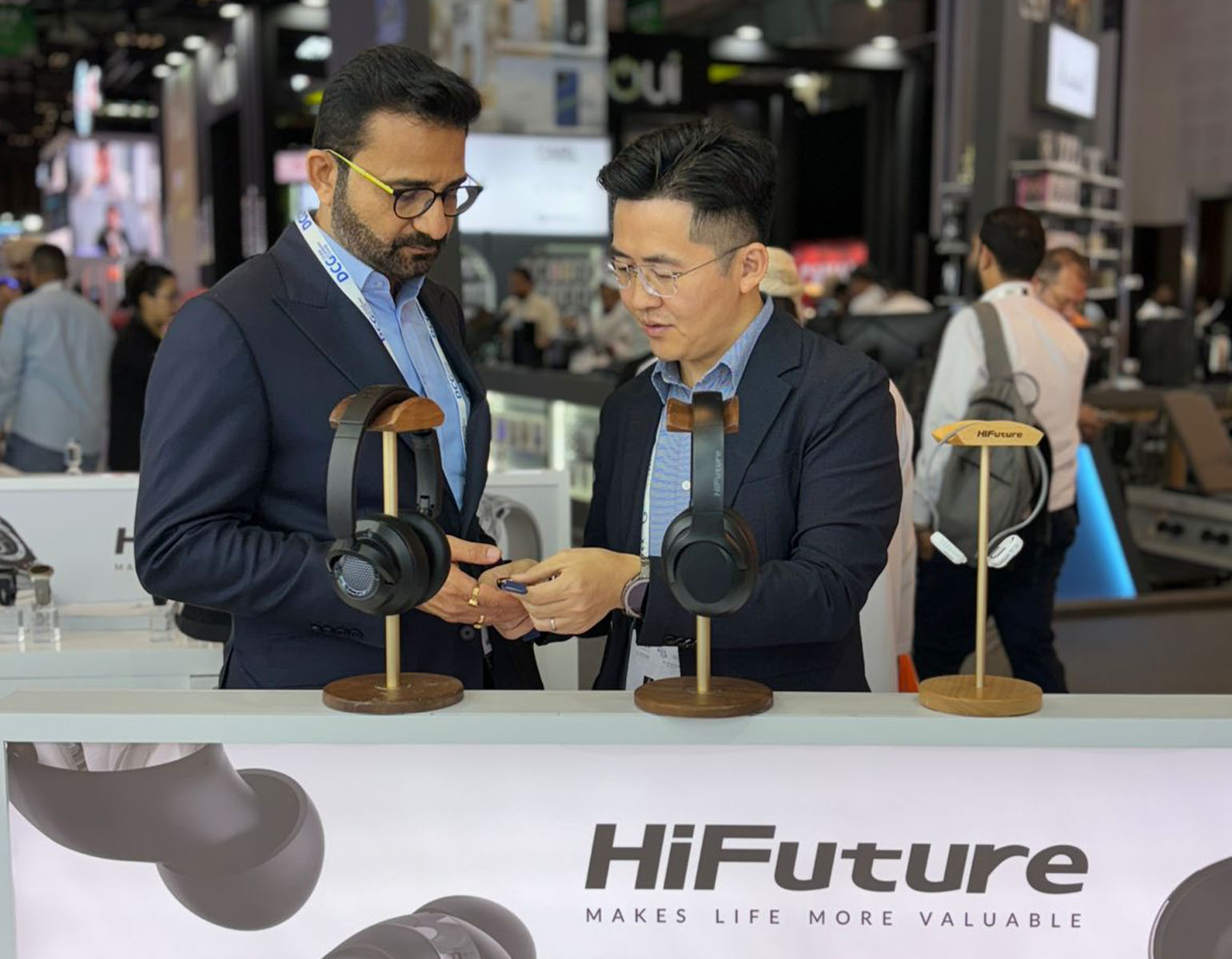
Among the highlights were smartwatches combining dual-core processors with customizable options. The devices blended style and technology, offering health monitoring capabilities, personalized watch faces, and advanced AI-driven functionalities, giving attendees a taste of the future of wearable technology.
On the audio front, HiFuture’s wireless speakers left a lasting impression, offering rich, immersive sound in compact, portable designs. These speakers cater to both intimate gatherings and larger celebrations, offering versatility for users. Meanwhile, the company also showed off its Syntra AI technology, which it claims “revolutionizes health and fitness tracking by combining advanced optical sensors with intelligent algorithms for precise, real-time insights”.
Also Read: How (And Why) To Start A Tech Business In Dubai
The presence of HiFuture’s leadership team at GITEX 2024 underscored the importance of this event for the company, with CEO Levin Liu leading a team of executives, all keen to engage with attendees and offer insights into HiFuture’s vision, product development process, and future direction.
Overall, it seems that GITEX GLOBAL 2024 has been a rewarding experience for HiFuture. The enthusiasm and curiosity of attendees shown to the company’s diverse range of products was obvious, with the HiFuture team leaving on a high note and clearly excited and motivated by the event.


